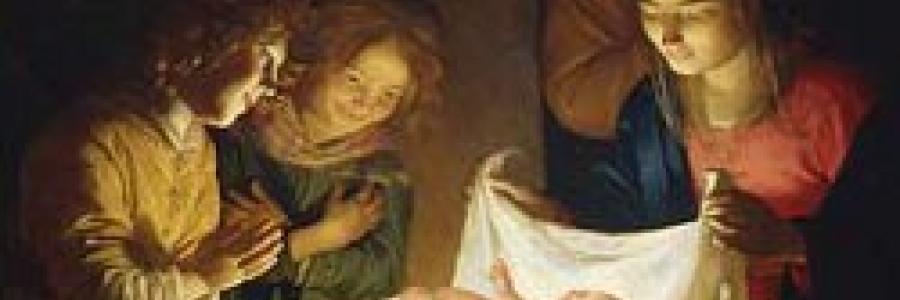Starbucks, Persecution, & "War Against Christmas"
(From Theologically Driven. Used by permission.)
We’ve been hearing a lot of warnings these last few years about the coming persecution of Christians. And a look around the globe reveals that public sentiment really is turning perceptibly against Christians—chiefly abroad, but with fresh harbingers here on American soil. Unfortunately, these warnings have fostered a troubling response among some well-meaning believers.
Rather than making “requests, prayers, intercession and thanksgiving for kings and all those in authority, that we may live peaceful and quiet lives in all godliness and dignity,” because “this is good, and pleases God our Savior” (1 Tim 2:2–3), a rather sizable group of believers have begun, rather unquietly andunpeacefully, to incite persecution by saying and doing ungodly and undignified things. Which is to say they are doing something bad that displeases God.









Discussion